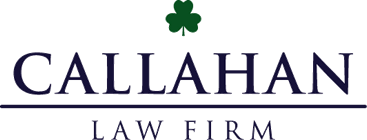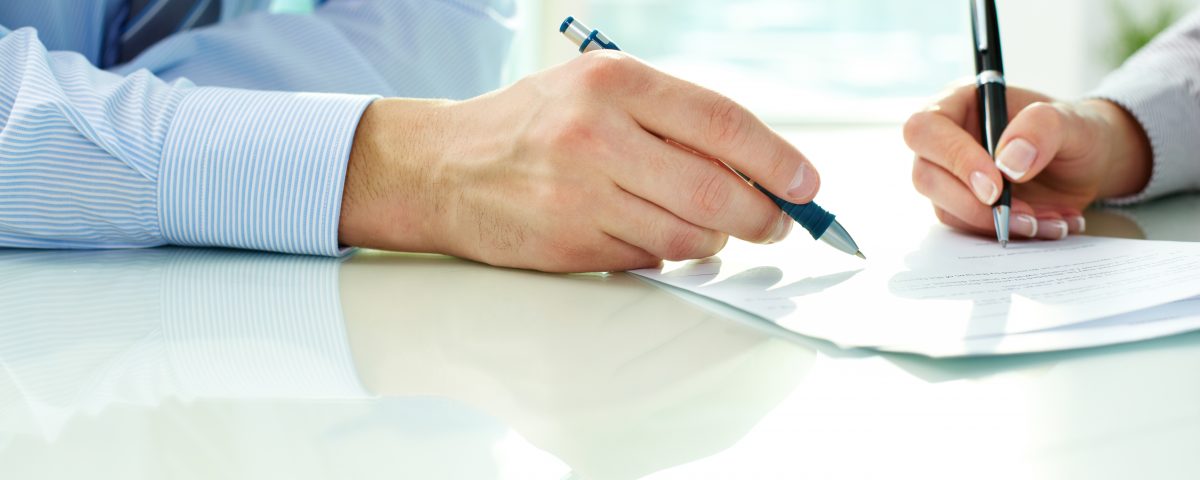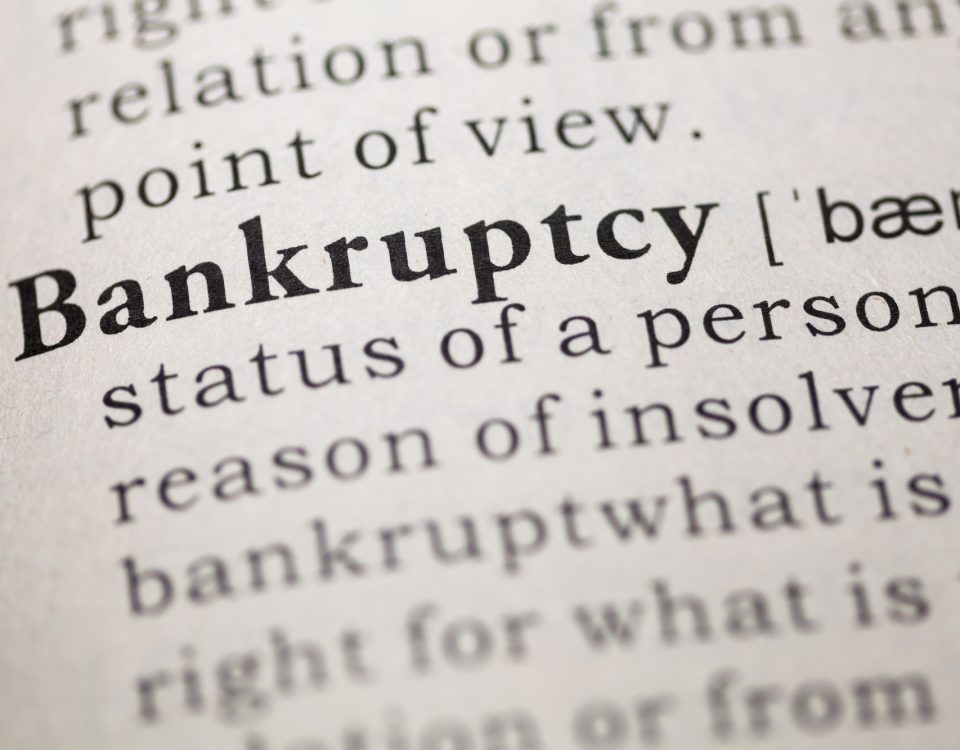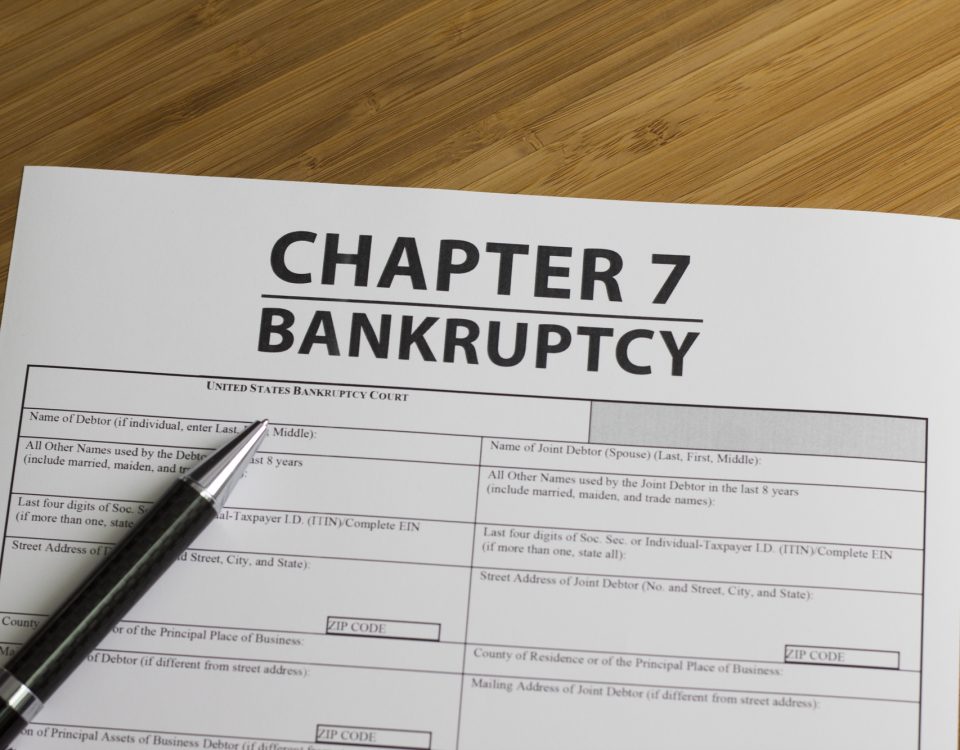- FREE CONSULTATION
- 816-822-4041
10 Reasons People File Chapter 13 Bankruptcy
10 Reasons People File Chapter 13 Bankruptcy
Why would you file for Chapter 13 bankruptcy?
Although the number of bankruptcy filings has declined significantly since the Great Recession a decade ago, consumers continue to struggle with large amounts of debt. There are still more than 700,000 nonbusiness bankruptcy filings a year, and more than a third of the debtors in that statistic are people filing under Chapter 13. But this begs the question, what are the reasons people file Chapter 13 bankruptcy?
Chapter 13 bankruptcy, unlike Chapter 7, is used when debtors either don’t qualify for Chapter 7 or they have sufficient income that they could get caught up on at least some of their debt payments over a period of time. This is why Chapter 13 bankruptcy involves a court-approved payment plan over the course of typically three to five years. The benefits of filing under Chapter 13 become clearer when you understand the reasons people file under it versus Chapter 7.
The payment plan takes into account a person’s income and payments they need to make on secured debts in order to keep key property such as their house and car. Unsecured debts are included, such as credit card debt, but the debtor usually only ends up paying back a portion of those debts according to what the bankruptcy court thinks they can handle out of their discretionary income, and the rest is eliminated or discharged at the end of the payment plan.
Reason 1: Behind on Mortgage Payments, Danger of Foreclosure
When a person falls behind on mortgage payments, they run the risk of losing their home through foreclosure by the lender. Filing a Chapter 13 bankruptcy invokes an “automatic stay” that stops the lender from foreclosing or trying to collect the past due payments. Based on the person’s income, the total past due amount is spread out over the course of the payment plan in monthly payments. This allows the person to make up the arrears and remain in their home without any pressure from the lender. The debtor is still making their normal monthly mortgage payment plus a small amount each month towards the past due amount. At the end of the payment plan, the consumer is caught up and can move forward from there.
Reason 2: Behind on Car Payments, Danger of Repossession
A similar scenario may apply to a person’s car. Falling behind on car loan payments can put the person at risk of the lender repossessing their vehicle. The automatic stay that takes effect upon filing for a Chapter 13 bankruptcy stops the lender from repossessing the car or trying to collect the past due amounts. The bankruptcy filer continues making their regular car payments plus a small amount per month to pay off the past due amount over the course of the court-approved payment plan.
Reason 3: Previously Filed a Chapter 7 Bankruptcy
If a person is struggling with too much debt and has previously filed for Chapter 7 bankruptcy in the last eight years, they will not be able to file another Chapter bankruptcy. In this case, Chapter 13 is the only option available to them.
Reason 4: Owing Taxes from the Past Several Years
People who fall behind on paying various taxes, including income tax, can get caught up on those throughout the course of the Chapter 13 payment plan. The bankruptcy court will figure out which past-due taxes are “priority” versus “non-priority.” Priority taxes owed will be paid in full during the payment plan. Non-priority taxes owed will be lumped in with other unsecured debts, which means the debtor will only pay back a portion of those, with the rest being discharged at the end of the payment plan.
Reason 5: Behind on Utility Payments, Utilities Shut Off
When people fall behind on utility payments for electricity, gas, water, phone, and so on, run the risk of having those utilities shut off. A Chapter 13 bankruptcy filing will keep the utilities from being turned off, or get them turned back on if they’ve already been shut off. Then the debtor will have a chance to get caught up on any past due amounts over the course of their payment plan. These are considered unsecured debt, which means the debtor will probably only have to pay back a portion, with the rest being discharged at the end of the payment plan. If one or more utilities have already been shut off, Callahan Law can file an emergency bankruptcy and get the utilities turned back on that same day.
Reason 6: Lawsuits, Wage Garnishments, and Bank Freezes
Many people struggle with their debts for years until something happens that makes them finally consider filing for bankruptcy. Creditors will go to great lengths to collect on what is owed to them. At a certain point, they may file a lawsuit and get a judgment against the debtor. After that, the creditor may be allowed to garnish the debtor’s wages or put a freeze on their bank account to take their money. When these sorts of actions are taken, they can be what finally pushes a debtor to file for bankruptcy.
Reason 7: Medical Bills
An illness or accident can result in huge amounts of medical debt, even for people who have health insurance. Medical bills a person can’t pay are considered unsecured debts. In a Chapter 13 bankruptcy filing, the debtor will pay back a portion of what is owed according to what they can afford out of their discretionary income. The rest will then be discharged at the end of the court-approved payment plan.
Reason 8: Separation and Divorce
When a couple separates and divorces, it can throw the one who has to establish their own household into a financial tailspin from which it may be difficult or impossible to recover. If a person falls behind on alimony and/or child support payments, those will have to be paid in full over the course of the court-approved payment plan in a Chapter 13 bankruptcy filing.
Reason 9: Student Loans
Student loans are considered non-dischargeable debts, which means bankruptcy will not eliminate them. However, a Chapter 13 bankruptcy filing will stop the lender from trying to collect on the debt owed. When included in a Chapter 13 bankruptcy, student loans are considered a non-priority unsecured debt, which means debtors keep paying a portion of them during their court-approved payment plan period. At the end of the payment plan, the debtor will still owe the remaining balance, along with all the interest that continued to accrue throughout the payment plan.
Reason 10: Credit Card Debt
In a Chapter 13 bankruptcy, credit card debt is considered unsecured debt. During the approved payment plan period, the debtor will pay a portion of these debts to each creditor according to what is possible from their discretionary income. At the end of the payment plan, the remaining credit card debts will all be eliminated in the bankruptcy discharge.
Bankruptcy laws were designed to help people struggling with too much debt to make a fresh start. The bankruptcy attorneys at Callahan Law in Kansas City are experts at helping people understand bankruptcy and determine which type of filling best suits your needs. You can take advantage of a free consultation at Callahan Law to learn more about your options by calling us at 816-598-4278 or filling out the Contact Us form on our website. We look forward to assisting you!




